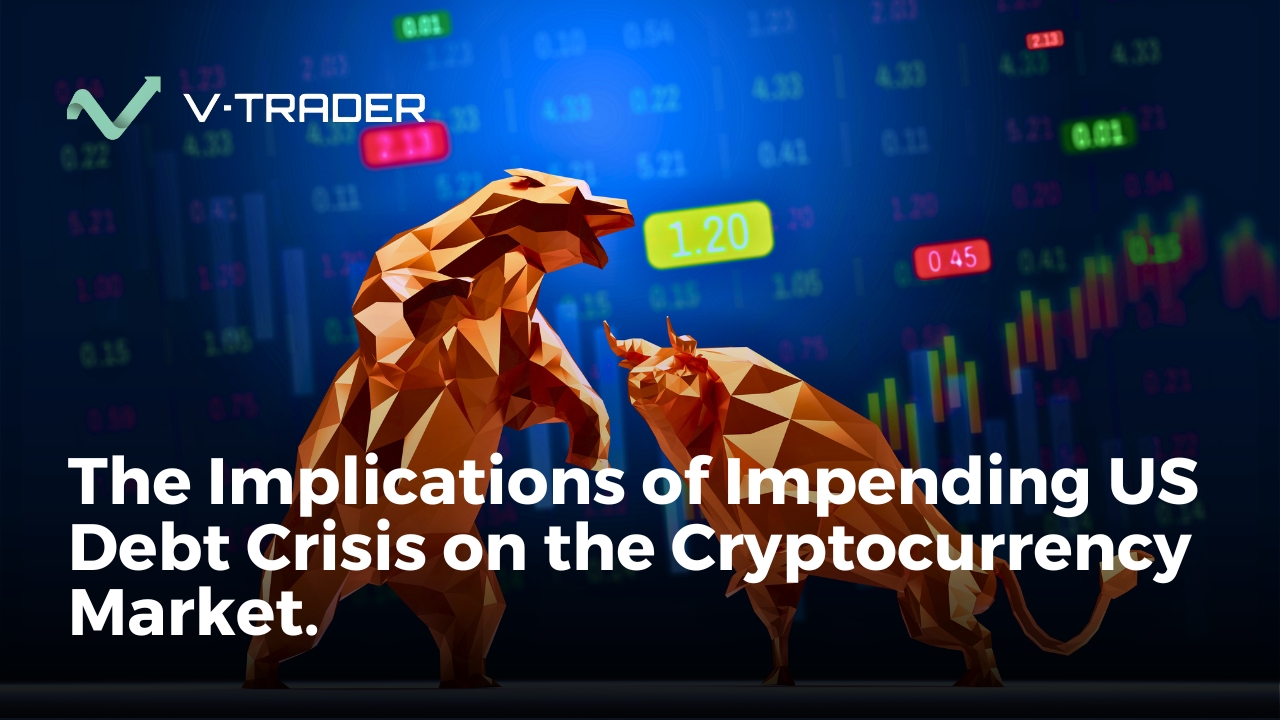Ripple, the company renowned for its XRP token, recently extended an audacious acquisition proposal to Circle, the issuer of the USDC stablecoin, according to Bloomberg. The offer, estimated between $4 billion and $5 billion, was ultimately rebuffed by Circle. However, sources suggest that Ripple’s interest hasn’t waned entirely, leaving market analysts speculating about possible future moves.
Ripple’s Ambitious Bid
Ripple’s overture to Circle unfolds as the company ventures deeper into the stablecoin market with its RLUSD token. With a market capitalization hovering just over $300 million, RLUSD is dwarfed by Circle’s USDC, which commands an impressive $60 billion market cap. This disparity underscores the scale of Ripple’s ambitions as it seeks to broaden its footprint in the digital currency landscape.
“Ripple’s offer to acquire Circle is a testament to its strategic intent to solidify its position in the stablecoin arena,” noted Jamie Collins, a cryptocurrency analyst based in New York. “While the initial bid was declined, it’s a clear signal of Ripple’s determination to compete with major players like Circle.”
Strategic Implications for the Market
Circle, a formidable presence in the cryptocurrency domain, is among a cohort of crypto firms eyeing public listings in the not-so-distant future. This context adds layers of intrigue to Ripple’s acquisition attempt, raising questions about the motivations behind the offer and its potential impact on Circle’s IPO ambitions.
“An acquisition of this magnitude could have significant ramifications for the market, reshaping competitive dynamics and possibly influencing investor sentiment as Circle considers going public,” remarked Sarah Nguyen, a financial strategist with a keen eye on crypto developments.
The burgeoning interest in stablecoins—a subset of cryptocurrencies pegged to traditional assets—has not gone unnoticed. Ripple’s move seems to align with a broader trend of traditional financial institutions and crypto-native companies vying for dominance in this rapidly evolving space.
Looking Ahead: Uncertainties and Possibilities
While Ripple’s intentions remain a subject of speculation, the broader implications of such a deal, if realized, are manifold. On one hand, it could catalyze further consolidation within the industry, pushing other entities to explore similar partnerships or acquisitions. On the other, it may prompt regulatory scrutiny, given the scale and influence such a merger would command.
Yet, uncertainties linger. Will Ripple make another attempt to woo Circle? And if so, how would such an acquisition reshape the competitive landscape? These questions hang in the air, tantalizing investors and market watchers alike.
For now, Ripple’s ambitions, coupled with Circle’s strategic considerations, continue to stir discussions across the cryptocurrency ecosystem. As the stablecoin sector evolves, the interplay of these corporate titans promises to be a narrative worth watching—each move scrutinized for its potential to redefine market norms.
In the ever-changing world of digital currencies, where innovation and competition intersect, Ripple’s pursuit of Circle is a vivid illustration of the high stakes and bold strategies shaping the future of finance. Whether this dance will lead to a new chapter in cryptocurrency remains an open question, one that may be answered in the unfolding months.
Source
This article is based on: Ripple Offered $4B-$5B for Stablecoin Issuer Circle: Bloomberg

Steve Gregory is a lawyer in the United States who specializes in licensing for cryptocurrency companies and products. Steve began his career as an attorney in 2015 but made the switch to working in cryptocurrency full time shortly after joining the original team at Gemini Trust Company, an early cryptocurrency exchange based in New York City. Steve then joined CEX.io and was able to launch their regulated US-based cryptocurrency. Steve then went on to become the CEO at currency.com when he ran for four years and was able to lead currency.com to being fully acquired in 2025.

